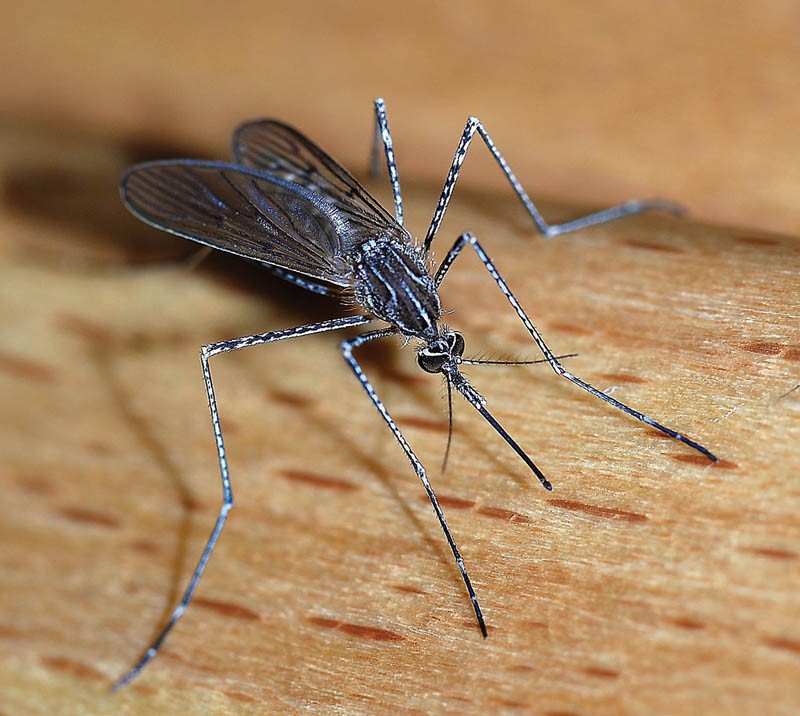Milestones achieved in malaria battle
Baboki Kayawe | Thursday February 9, 2017 13:32


Since 2011, malaria-related deaths declined from eight to three by 2016. Information released by the Ministry of Health and Wellness this week indicates that in 2014, slightly higher mortalities were recorded at 22.
Chief public relations officer in the health ministry, Doreen Motshegwa told Mmegi there has been a significant reduction in malaria related deaths among the under 5’s and pregnant women. The malaria budget allocation at national level is approximately P23.7 million, she explained. Recently, Botswana was honoured by the African Leaders Malaria Alliance (ALMA) for having shown commitment and innovation in the fight against the disease. Botswana, together with Cape Verde, Comoros, Democratic Republic of Congo (DRC), Ethiopia, Swaziland and Uganda were recognised for their impact on malaria incidence and mortality; and Chad, for its leadership in the fight against malaria at the recent 2017 ALMA Awards for Excellence. With the development of a Malaria Control and Elimination Scorecard, Botswana has significantly enhanced malaria tracking and accountability mechanisms. The World Health Organisation (WHO) estimates that Botswana decreased malaria incidence and malaria mortality by more than 40% from 2010 to 2015. The country has monitored insecticide resistance since 2014, and a national plan for insecticide resistance monitoring and management is under development. The annual reported number of malaria cases in 2015 was 326, with five malaria-related deaths. “The WHO predicts that Botswana has the potential to eliminate local transmission of malaria by 2020. The country is part of the Elimination 8 (E8) initiative, which is working to strengthen regional coordination to achieve elimination in each of the E8 member countries and reduce cross-border malaria transmission,” says the Alliance.
Former health minister, Joy Phumaphi, who is ALMA’s executive secretary said at the event that hailed Botswana for the achievement; “the progress in Botswana shows what is possible when a country and its leaders make malaria a priority, this kind of progress proves that an Africa without malaria is within our reach”.
The 2017 ALMA Awards for Excellence come just six months after the adoption of the ‘Catalytic Framework’ at the 27th African Union Summit last July. The framework provides a roadmap for African countries to increase domestic resources, expand the use of innovation and technology, and improve health infrastructure to eliminate malaria from the continent by 2030. Malaria remains a critical threat in Africa – the region still bears the highest global malaria burden. In 2015, 195 million of the 212 million new malaria cases and 394,000 of the world’s 429,000 malaria-related deaths were in Africa.
